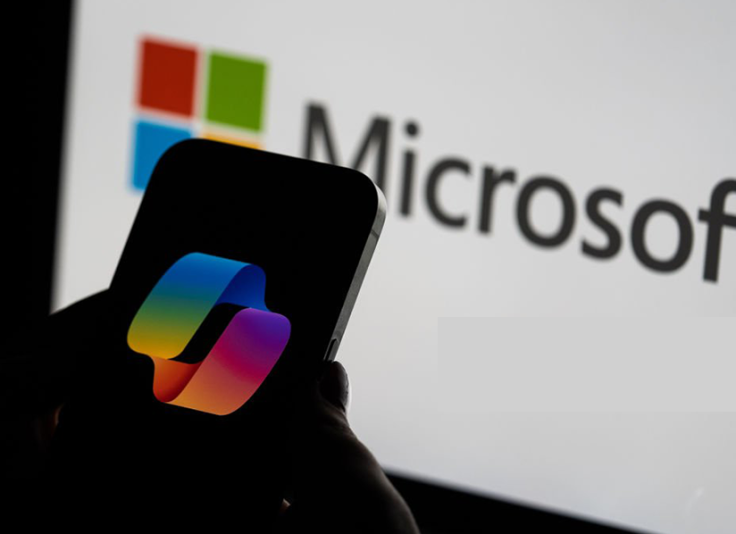Microsoft's controversial "Recall" feature will be an optional tool as safety and security concerns rise against its latest AI-powered feature.
Microsoft announced that it is setting its Copilot+ PCs build for Windows 11 as an opt-in feature "to give people a clearer choice" on their device's safety and security.

Microsoft reiterated that all screenshots recorded by the Copilot AI will be "stored locally" and will not be shared to any internet or cloud connections.
A blog post from Google Project Zero safety researcher James Forshaw, however, indicated that the feature can be exploited to access people's computers even without administrative access.
According to Forshaw, hackers can easily access all screenshots and personal data the "Recall" AI has recorded just by rewriting a few program files.
This was after several security experts and Windows users called the feature "spyware" that can record everything "you have seen or done on your PC."
Microsoft Still Wants People to Use its Copilot 'Recall' Feature
While Microsoft will be allowing users to disable the feature, the tech giant is driving up the purpose of its "Recall" feature to make people choose to activate it.
In the same blog post, Microsoft said that the Windows Hello feature, its latest system-wide log-in feature, will require the "Recall" feature to be enabled.
The Windows OS developer claimed it added new decryption protection layers to protect users better when providing their account details and biometrics.
The Microsoft Pluton security processor will also be enabled as default when people use the Copilot+ PCs system.
This is after Microsoft published an article telling people that its Pluton processor really is a "trusted platform module."
Microsoft to Prioritize Device Safety Amid Multiple Cyberattacks
Microsoft's prioritization towards customer concerns on its product's security features followed after CEO Satya Nadella told employees to put cybersecurity measures at "No. 1 priority."
This is amid growing federal scrutiny on the tech giant following a couple of major data breaches that resulted in Microsoft's source code being accessed.
Microsoft claimed that the cyberattacks have only affected corporate data, not customer and product partners' private information.









